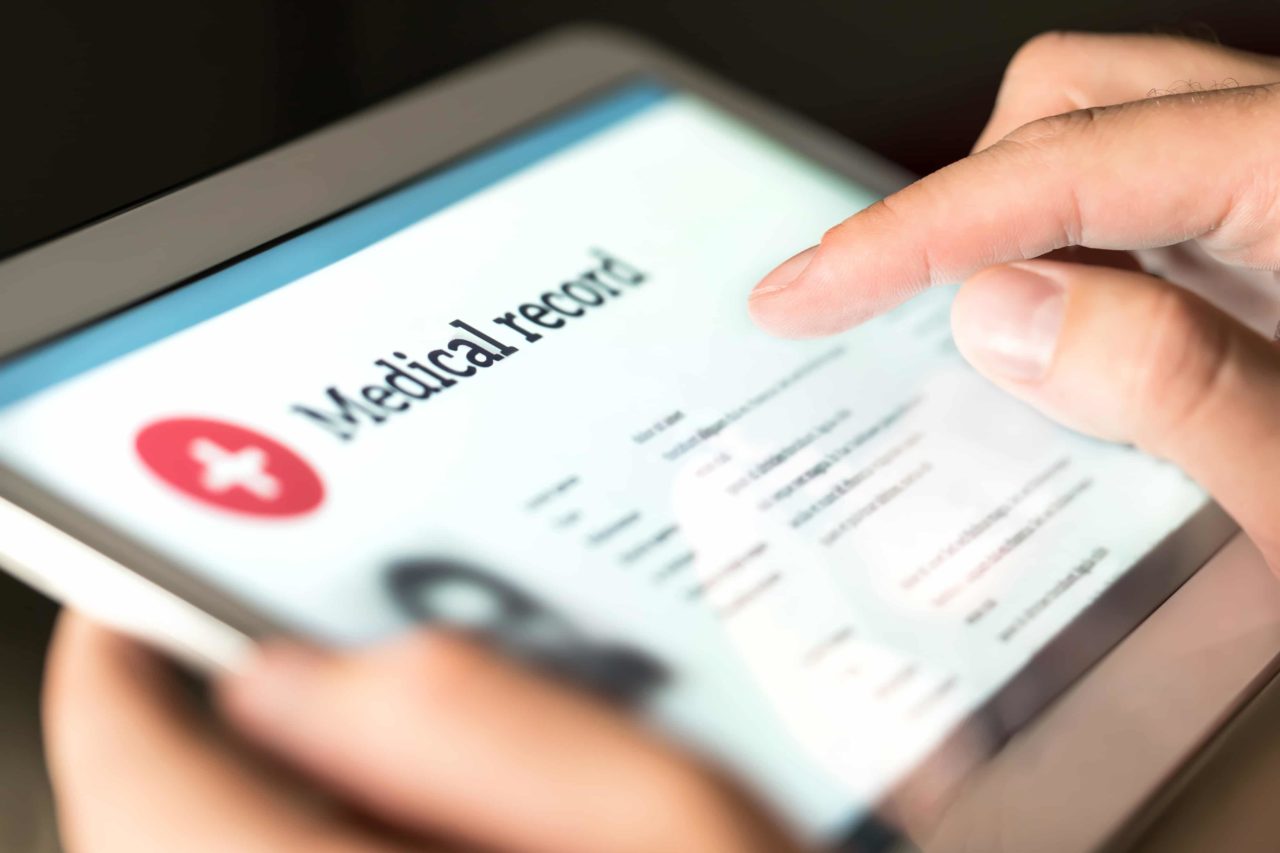Utah’s medical cannabis law mandates that patients wishing to use cannabis must consult with either a qualified medical provider (QMP) or limited medical provider (LMP). Regardless of the provider chosen, that individual doesn’t have to be the patient’s family doctor. But then, how does this work?
The medical provider’s main responsibility is to confirm the diagnosis of a qualifying condition AND that medical cannabis is the most appropriate option for treating the patient at the current time. Although a family doctor with a history of the patient knows them best, any doctor with prescribing authority is able to make that call after consulting with the patient.
Differences Between QMPs and LMPs
When the state’s medical cannabis program was first launched, the LMP option did not exist. Patients could only obtain medical cannabis cards after consulting with the QMP. A QMP is any medical professional with prescribing authority in the state who has undergone additional training and registered with the DHHS to obtain certification.
Though becoming a QMP does require a minimum investment of time and money, the main advantage is being able to recommend medical cannabis to hundreds of patients. The LMP is much more limited.
An LMP is also a medical professional with prescribing authority in the state of Utah. The LMP doesn’t have to do anything special besides fill out a form. There are no continuing education requirements, no certification requirements, and no licensing fee. The main drawback is that the LMP can only recommend medical cannabis to up to 15 patients.
Your Doctor as an LMP
The way the LMP program is set up allows your family doctor to act as your LMP if they are willing. Again, the only qualification is that your doctor has prescribing authority in Utah. Generally, this is not an issue.
Other types of medical professionals can act as LMP’s. Physician assistants, nurse practitioners, and even orthopedists can fill that role as long as they are properly licensed by the state of Utah. So what does this mean for you?
If your family doctor is willing to act as your LMP, then you are all set. You consult with them about your condition and your desire to use medical cannabis. Your LMP then fills out a form and either sends it to a medical cannabis pharmacy electronically or prints a copy that you can take with you and deliver in person.
The pharmacy then enters the doctor’s information into the EVS on your behalf. Your application is completed, you get your card, and you are good to go. But what if your family doctor does not want to act as your LMP?
Consulting with Another Doctor
If your family doctor doesn’t want to help you, you can schedule an appointment with any QMP or LMP. At that point, there are two options:
- With a Diagnosis – If you have already been diagnosed by your family doctor with a qualifying condition, you need only document that diagnosis for your QMP or LMP.
- Without a Diagnosis – If you have not yet been diagnosed with a qualifying condition, you will need to undergo a medical exam in addition to the medical cannabis consultation.
Some QMPs provide medical exams on-site. Others refer their patients to partner offices, delaying medical cannabis consultations until after an official medical exam has taken place.
Fortunately, Utah’s medical cannabis law gives patients options for consulting with their medical providers. Your family doctor can be your LMP. Otherwise, you can consult with the state-certified QMP or another medical professional willing to act as your LMP.




